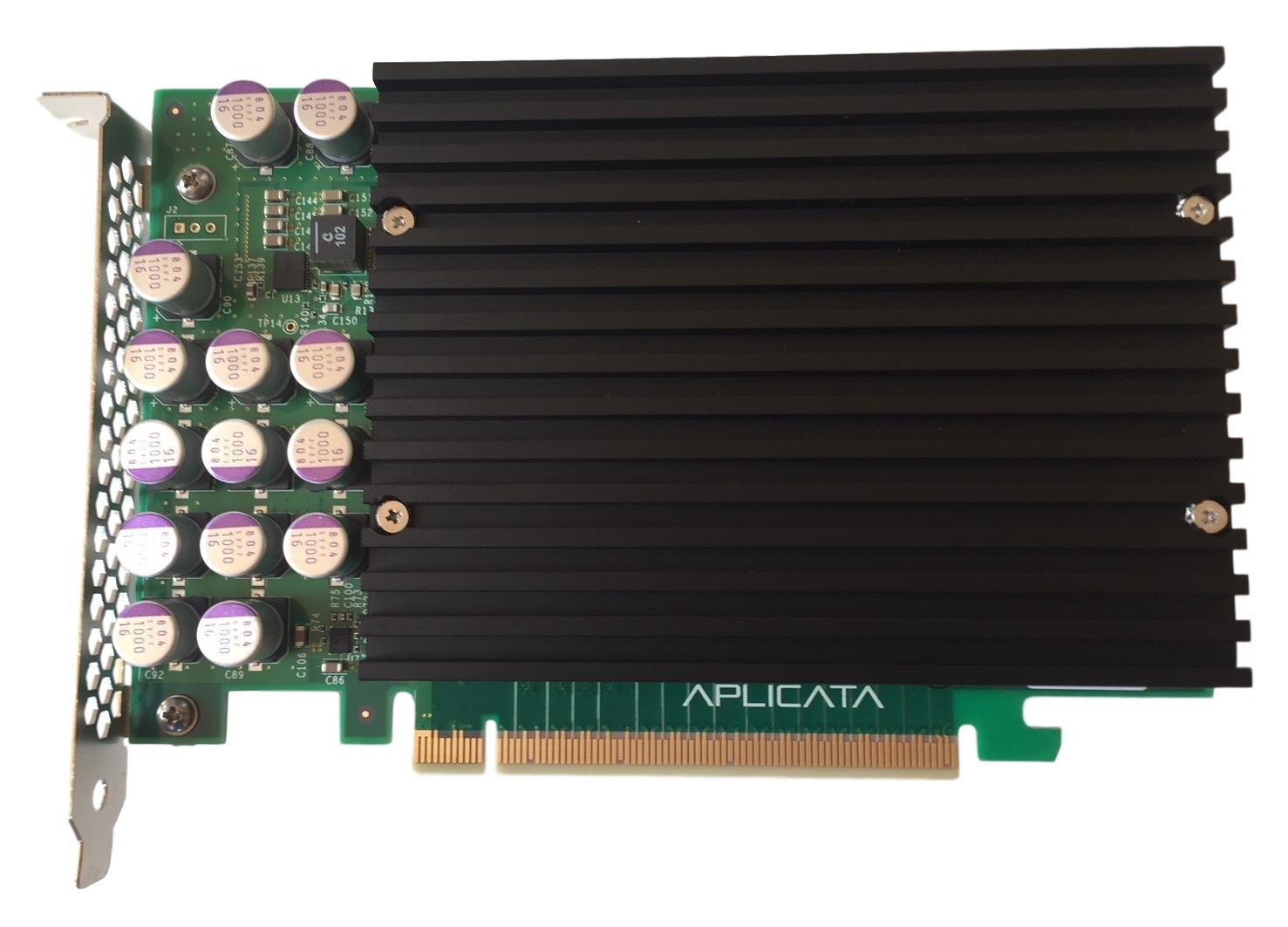Lafiel said:
then I'm sure you won't have trouble to link a consumer product with these theoretical specifications (available at the time Cerny made his statement) bonus points if you also provide a review that shows the practically available bandwidth |
I sure can. Here is one such device.
Here is another from Dell using nvme drives on a card.
And they have been around for years.
Here is a review Anandtech did with a drive that did 10GB/s back in 2016 that will beat the PS5 in 2020.
https://www.anandtech.com/show/10125/seagate-announces-pcie-x16-ssd-capable-of-10gbs
And here is another such drive.
https://www.anandtech.com/show/13051/gigabyte-launches-cmt4030-pcie-riser-cards-for-m2-ssds
Is that enough evidence? Or would you like some more?
You also have iSCSI over 100G ethernet SSD's which allows for 13GB/s transfers too.
http://sniansfblog.org/fibre-channel-vs-iscsi-the-great-debate-generates-questions-galore/
| Trumpstyle said: Guys Sony have made several patents on their costum SSD solution, several very knowledgeable people have looked at those patents, it's a single-tier-solution (no hhd+SSD combo) with speed estimate between 5-10 GB/s. Now about Mark Cerny statement, the fastest SSD at that time was Samsung evo pro 970 which has a 3,5/2,7 GB/s speed. |
Fake news. That isn't the fastest SSD. See above. Cerny's statement is false.

www.youtube.com/@Pemalite

















